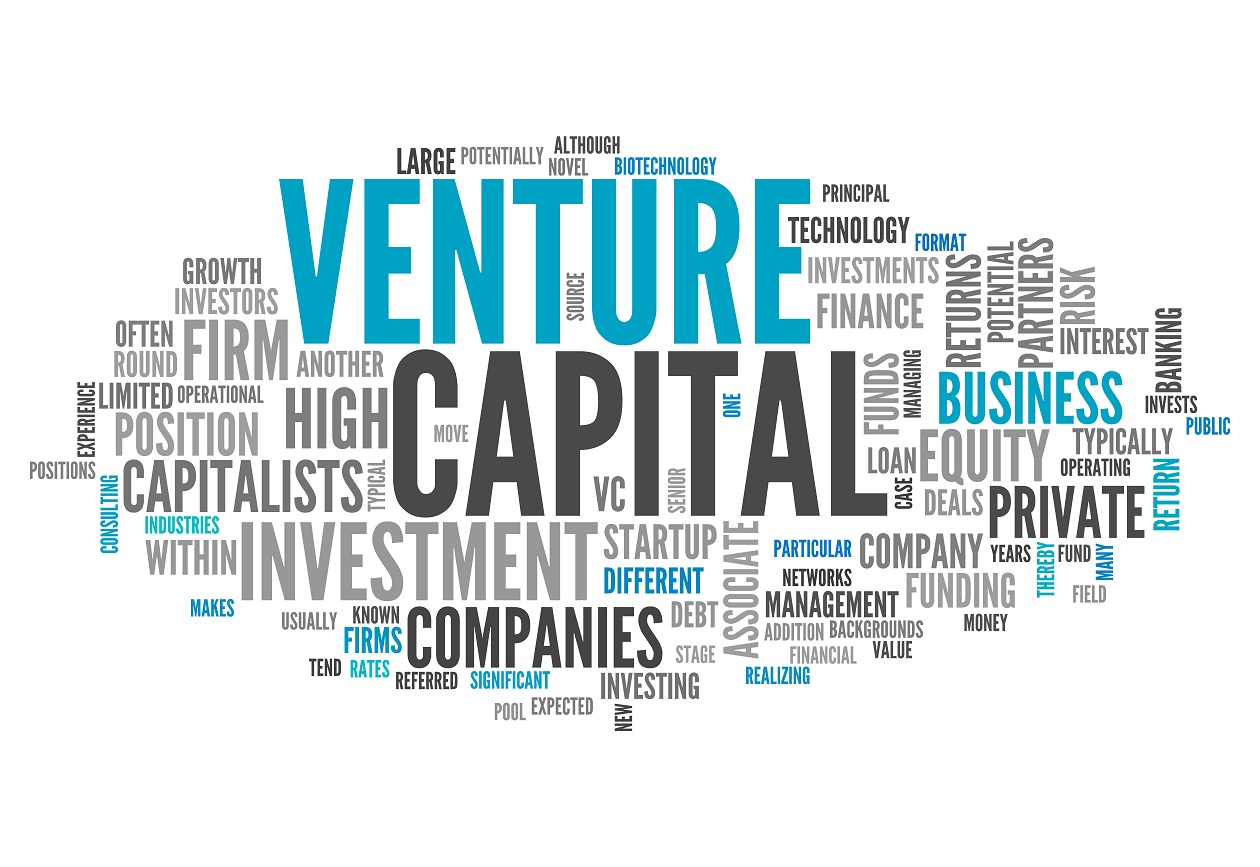Venture capital invested in Europe and Israel bust the €100 billion (£84bn) threshold for the first time last year.
The UK and Ireland continued to lead both on VC deal value and volume, with around 30 per cent of deals in Europe and 30 per cent of the total value generated by UK deals.
According to Pitchbook, 2021 was a “remarkable” year for venture capital.
A glut of outsized rounds and an increase in late-stage capital now account for 70 per cent of total deal value. This led to the record-breaking figures of 2021 alongside traditional participation from foreign and non-traditional investors. First-time deal value increased too.
PitchBook’s 2021 Annual European Venture Report looks over the key drivers that made 2021 such a pivotal year. It breaks down key activity among deal-making, exits and fundraising as well as regions.
>See also: Secondary fundraising: the facts – moving from seed to Series A
Exit value tripled
Exit value rocketed to €142.5bn, more than tripling the record set back in 2018. Investors and founders pushed ahead with liquidity events while VC-backed companies that are linked to tech rushed to exit so that they could catch maximum value and deliver substantial returns to limited partners (LPs). VC-backed public listings set a record in terms of both exit quantity and value in 2021, with notable exits including Deliveroo.
>See also: Partial exits: a balancing act
Non-traditional investors
Capital deployment was “relentless” as non-traditional investors sought long-term outlier returns from high-growth areas. What’s more, VC deal value with non-traditional investor participation achieved a record €78.4bn. It was the emerging industries like food production and delivery that attracted non-traditional investors last year.
Increase in capital raised
In 2021, 203 VC funds closed and raised €21.7bn, which represents a 31.9 per cent decline in fund count and 10.1 per cent increase in capital raised from 2020 figures. Healthy capital commitments for both emerging and established general partners (GPs) led to the creation of larger vehicles in the ecosystem. Strong return profiles and high-growth investment opportunities attracted capital, with GPs and LPs fostering relationships to bolster capital deployment into start-ups.
The report believes that VC fundraising will increase in Europe going into 2022 because of excess liquidity generated in 2021.
Ian Connatty, managing director of British Patient Capital, said: “The UK venture capital industry is going from strength to strength. The increasing size of funding rounds and the increase in later stage capital are key milestones and a testament to the increasing maturing of the UK and European ecosystem. As access to growth capital through multiple funding rounds increases, we should expect to see innovation across the country accelerate.
“The record amount of exit proceeds reported last year is a striking highlight, proof that investing in early-stage and scale-up business can generate strong returns. Yet in the UK we are still seeing a shortage of institutional investors, especially pension schemes, recognise the value such businesses can generate. The decline in the number of venture capital funds closing, despite the sums being invested, underscores this point.”
Spotlight on southern Europe
Southern Europe has a growing reputation. LPs, GPs, founders and start-ups are drawn to this region as it has all the characteristics of a high-value VC area: skilled talent, vibrant cities, large total addressable markets and strong geographical infrastructure. The bulk of southern European VC deal-making lies in Italy, Spain and Portugal.
Read more
The venture capitalists (VCs) that founders need to know about






